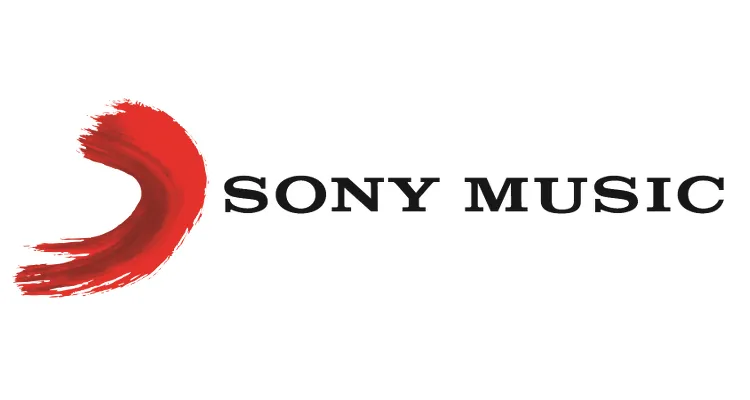Columbia Records Trademarks NFT songs, videos and more

Sony Music Entertainment’s Columbia Records has officially filed a US trademark application for non-fungible token (NFT) music, visual media and more.
Although Columbia Records’ NFT trademark (serial number 97571005) recently appeared on Social Media, the label officially submitted the application on August 30, the description shows. Also according to the USPTO database description, the trademark encompasses “downloadable audio recordings of music authenticated by non-fungible tokens.”
Beyond studio-recorded tracks (as well as non-NFT “downloadable podcasts”), the trademark covers NFT-authenticated live-performance videos and recordings, “downloadable image files containing images and artwork related to live musical performances,” and a variety of similar “multimedia” – files.
The rest of the trademark description mainly outlines associated advertising, management and website development services, and needless to say, it will be worth following the exact NFT plans of Columbia Records (and other Sony Music companies) going forward.
Amidst turbulence throughout the tech sector and the wider economy, sales of non-fungible tokens have fallen significantly to this point in 2022, including a reported 99 percent drop in sales volume for NFT marketplace OpenSea between the start of May and the end of August.
Still, Columbia Records isn’t alone in supporting the space, as Ticketmaster expanded a week ago into music NFTs with Dapper Labs’ Flow blockchain. Meanwhile, with Warner Music Group itself investing in Dapper, Warner Records unveiled a merch-driven NFT project with Bose in July.
That same month, Universal Music Group’s Kingship, a virtual band featuring characters from the Bored Ape Yacht Club non-fungible token project, was sold throughout a new NFT collection. (Sony Music Entertainment had also taken steps to establish a presence in the NFT sphere prior to Columbia Records’ above trademark application.)
Furthermore, at the intersection of virtual “bands” (who of course will not oppose very active NFT release schedules or hesitate to put out new music in line with their managers’ preferences) and NFTs, Sony Music is investing in a digital K-pop sensation called APOKIA.
APOKI, whose career ascension follows FN Meka’s untimely demise, has already amassed 76,000 monthly listeners on Spotify, nearly 300,000 YouTube subscribers and around four million TikTok followers.
And with other virtual “artists” presumably on the way – as a growing stable of digital tools enable non-musicians to create and release songs – it’s possible that real music pros could miss out on income and opportunities in the coming years, if only because it will be harder for fans to find their work under a pile of tracks attributed to entities that aren’t real musicians or people.


